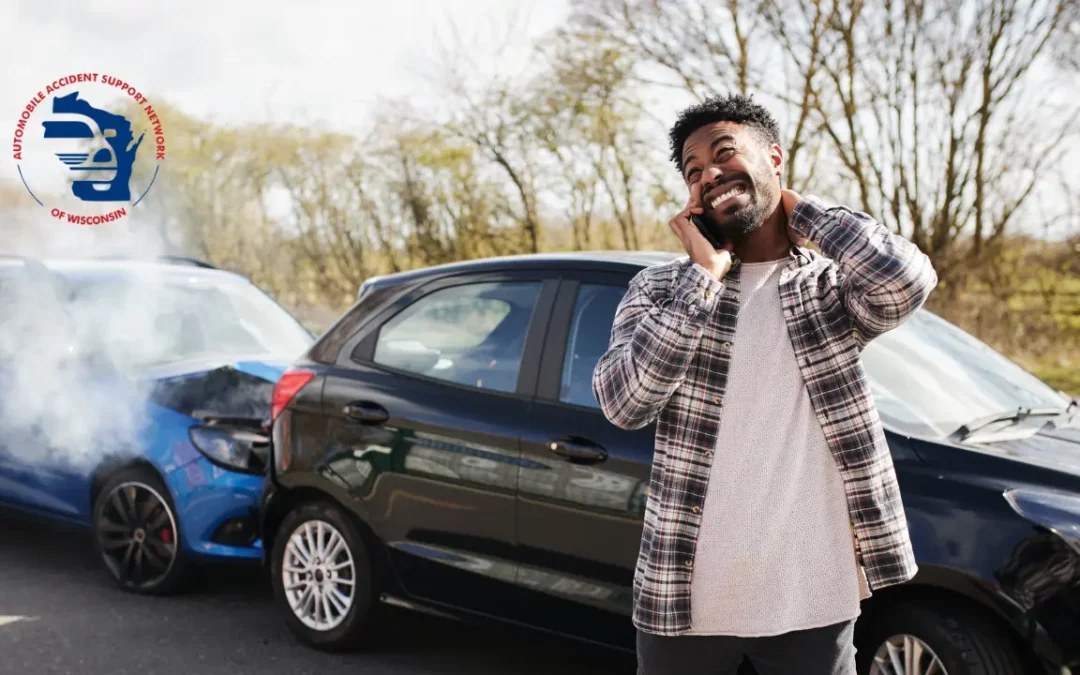We’ve all been there – a minor fender-bender or a seemingly harmless bump in a parking lot. In these situations, it’s tempting to just exchange apologies and drive away, thinking, “It’s not a big deal.” But, what if I told you that reporting car accidents, no matter how minor they seem, is crucial for safety and responsibility? In this article, we’ll dive into why you should always report a car accident, highlighting the significant reasons and the potential consequences of not doing so.
Ensuring Medical Attention
One of the most critical reasons to report a car accident is to ensure that all parties involved receive any necessary medical attention. Sometimes, injuries from an accident may not be immediately apparent. By reporting the accident, you allow medical professionals to evaluate the situation and provide treatment promptly. Remember, your health and the well-being of others should always be a top priority.
Legal Obligation and Consequences
Failing to report an accident can have legal ramifications. Laws and regulations differ from place to place, but in many jurisdictions, you are legally required to report any accident involving injury, death, or property damage over a certain amount. If you don’t report an accident when you should, you could face fines, penalties, or even criminal charges. Reporting the accident not only fulfills your legal obligations but also safeguards you from potential legal trouble.
Insurance Claims and Coverage
Reporting a car accident is crucial when it comes to dealing with insurance companies. Whether you’re at fault or not, reporting the accident promptly ensures that your insurance provider is aware of the incident. This allows you to initiate the claims process and receive the compensation you may be entitled to. Delaying or not reporting the accident might jeopardize your chances of receiving the support you need to cover damages or medical bills.
Documenting the Incident
Reporting a car accident involves documenting the incident, which is essential for a variety of reasons. Police reports and official documentation serve as a factual record of what happened, making it easier to determine fault and liability. This documentation can protect you from false claims and disputes down the line. Moreover, it can be invaluable if you decide to take legal action or need to provide evidence for insurance claims.
Preventing Hit-and-Run Incidents
In some cases, a hit-and-run accident occurs, where one party involved in the accident flees the scene without providing any contact information. Reporting the accident can help authorities track down the responsible party and hold them accountable. This not only serves justice but also discourages reckless behavior on the road.
In Conclusion
Reporting a car accident is not just a legal obligation; it’s a moral responsibility that ensures the safety of all parties involved. It enables swift medical attention, supports legal compliance, simplifies insurance claims, documents the incident, and helps prevent hit-and-run incidents. So, the next time you find yourself in a car accident, remember that reporting it is not only the right thing to do but also a measure to protect yourself and others.
FAQs
1. What should I do immediately after a car accident?
After ensuring everyone’s safety, call the police and report the accident. Exchange contact and insurance information with the other party, and if possible, take photos of the scene and any damage.
2. Is reporting a minor accident necessary?
Yes, it’s crucial to report even minor accidents. Injuries and damages may not be immediately apparent, and reporting ensures a record of the incident.
3. Can I report an accident later if I didn’t do it at the scene?
Yes, you can report an accident later, but it’s best to do it as soon as possible to ensure accuracy and prevent complications.
4. What happens if I don’t report a car accident to my insurance company?
Failing to report an accident to your insurance company can result in claim denials, delayed processing, or even policy cancellation in some cases.
5. Do I need to report an accident if it’s my fault?
Yes, you should report the accident even if it’s your fault. This is crucial for insurance purposes and to fulfill legal obligations.

